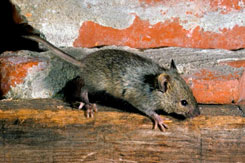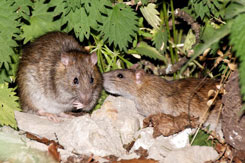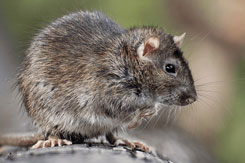Rodents Control
The most common rodents are house mice, the Norway rat and the roof rat.
We’ve experienced have most likely driven rodents indoors, and as a result, we are receiving a high volume of calls about rodent problems.
These animals are well adapted to living in very close proximity to humans, sharing food and shelter.
Their small size gives house mice access to a greater range of nesting sites than rats. Within buildings mice typically nest in wall voids, cupboards, roof voids, stored foods, boxes, furniture.
Norway rats infest shops, supermarkets, warehouses, domestic premises, grain storage facilities, sewers and other locations that offer food and shelter.
Mice and rats in buildings pose a serious threat to human health as they are known to carry diseases that are easily transmitted to humans. The most widespread problem is the distribution of food poisoning organisms, particularly Salmonella bacteria.
Simple measures can be taken to control mice populations in your area, by limiting their access to food supplies, water and shelter.
Seal up any holes or entry points with small gauge mesh and seal the bottoms of doors with weather seals. Mice can fit through holes as small as a five cent piece so it is important to do a thorough investigation of your home to ensure even the smallest holes are sealed.
Leptospirosis or Weil's disease is caused by a spirochete bacterium of the genus Leptospira. It is usually transmitted by rats to dogs, cattle to pigs. These animals in turn can transmit the organism to people.
Many rodent treatments are toxic to domestic pets and native animals when scattered in loose form. We recommend using an enclosed trap or bait that conceals the active ingredient, to minimize the risk of accidental poisoning.
Pest management experts have many effective methods and treatments available for rodent control in both domestic and commercial applications that are safe for children and pets. Treatments include tamper proof stations, gels and traps.


